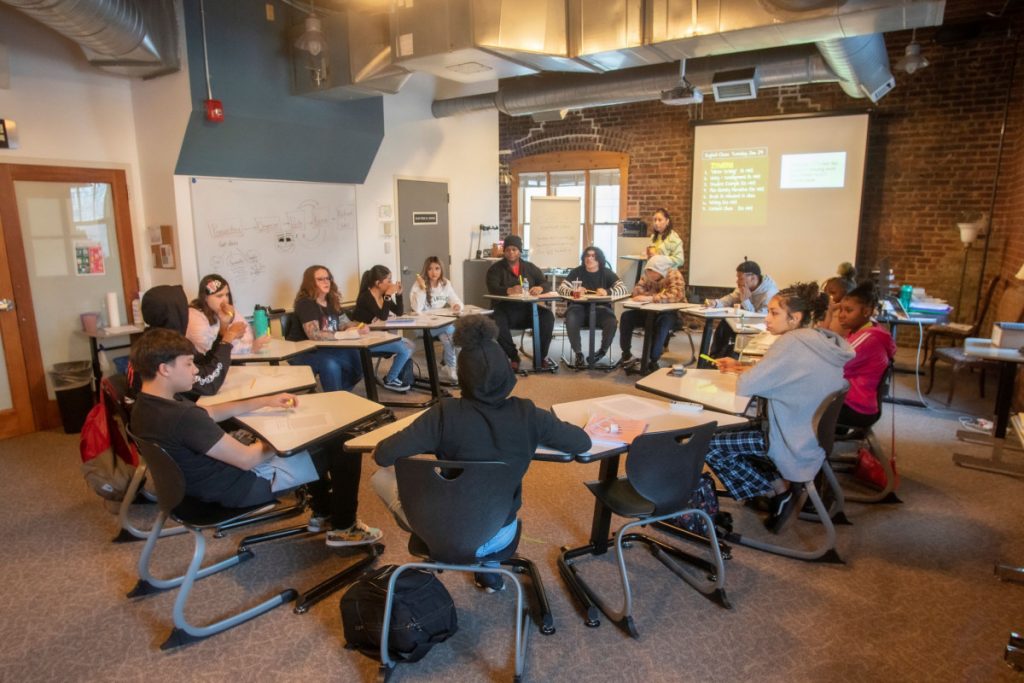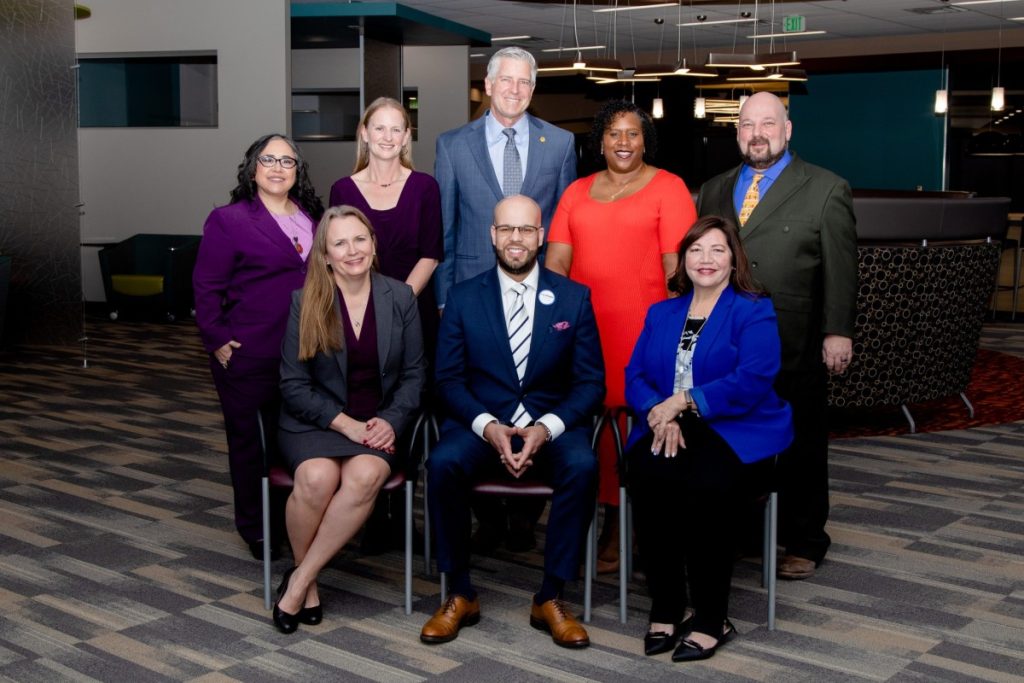In the early days of any given new year, it’s only natural to set goals, examine dreams and aspirations, and ponder how the new year can be better than the one that just ended.
I would hope that the Denver Public Schools board and leadership team are engaged in such a process. If not, let’s start with a quick look back.
After all, with the exception of apologists and spin doctors, no one would point to 2022 as a banner year for DPS. On the positive side, schools were fully opened for the entire year, an important step forward
But state and national test results laid bare just how badly students suffered over the past couple of years as a result of pandemic-related learning disruptions – and that’s without even considering the mental health challenges that resulted as well.
The school board remained adrift, bickering among members eclipsing substantive work all too often.The board rarely talked about student learning. While the infighting calmed a bit as the year concluded, the personalities that caused the drama are still present, so it’s hard to imagine peace and harmony breaking out.
Meanwhile, district leadership had some rocky moments as well. Superintendent Alex Marrero looked indecisive when he backpedaled on school closures, leaving the district with no plan and the potential of a yawning budget deficit as a result. It’s still not clear how the district intends to address this issue.
Seemingly vindictive moves by Marrero’s team remain baffling. The district suffered a major legal humiliation when it tried to muzzle aggressive dissident Brandon Pryor, a blunder that was authoritatively slapped down by U.S. District Judge John Kane last month. Previous regimes had tolerated Pryor’s in-your-face-style, but apparently it was too much for Marrero and company to bear.
And an effort by the district to trademark a racial justice podcast created by four former DPS students blew up in the district’s face, forcing a full 180-degree reversal.
So here’s hoping that 2023 shows at least some modest improvement in governance and administrative performance. Either way, three of seven seats on the board are up for election in November so the voters can exert influence, if they bother to get engaged.
Here are eight signs that would indicate things are trending in the right direction, and the district and board are getting their acts together and focusing on how to improve student learning in the coming year.
First, an end to board infighting and shenanigans. I and others have expended a lot of words on this, so need to elaborate here. But let’s hope for substantive debates on meaningful issues focused on the educational and social-emotional well-being of district students.
Second, an end to counterproductive attacks on school autonomy and innovation. The board semi-successfully tried to gut the freedom of innovation schools last year. So far it looks as though the impending charter school renewal process is proceeding smoothly and will not include similar moves to make the district a command-and-control bureaucracy. The backstop of the State Board of Education appeals might be responsible for that, rather than any change of heart by board members.
Third, an acknowledgement that measurement matters. More effort has gone into discounting the dismal post-pandemic results of standardized state achievement tests than studying them and making moves to improve teaching and learning. Of course school-and classroom-based assessments matter, but they can’t replace more robust state testing, especially for purposes of comparison.
Fourth, that more board members demonstrate that they operate independently from the Denver Classroom Teachers Association. Vice President Auon’tai Anderson has probably imperiled his DCTA reelection endorsement by showing some independence. Here’s hoping others follow suit.
Fifth, that 2023 features three robust, contested school board campaigns for the seats currently held by Anderson, Scott Baldermann, and appointed board member Charmaine Lindsay, who has said she does not intend to run for the seat. The city would be well served by vigorous and high-level debate on the issues that matter in public education. No less than the future of the city is at stake.
Sixth, that board members cease their wrongheaded and counterproductive attacks on schools marketing themselves. Marketing is seen by some board members as evidence that there has been a corporatist takeover of public education, and that schools waste human and financial resources trying to sell themselves to prospective customers.
Think of it this way instead: Effective marketing is an equity tool. Privileged parents will find ways to get the information they need to make appropriate school choices for their children. Putting the kibosh on school marketing – much of which is handled centrally, not at the school level – would leave other families, many of them low-income, without any information to make equivalently informed choices.
But maybe that’s the point. After all, someone has to fill underperforming and under-enrolled neighborhood schools.
Seventh, that DPS and its board learn to celebrate the successes of the past, as modest as they might have been, rather than making a habit of trashing the reputation of previous leadership regimes and boards. A recent study documenting those gains has been met by silence from the district and board.
And eighth, Denver has a mayoral election to look forward(?) to this spring. The city must elect a mayor who will develop a strong working relationship with DPS, and come up with some creative ways to create more linkages between the city and the district.
One idea that has been floated and is worth considering would be to have either one or both of the citywide, at-large school board seats be mayoral appointments rather than elected. It’s a controversial idea, to be sure, but we have to think creatively if we’re going to right the ship.




